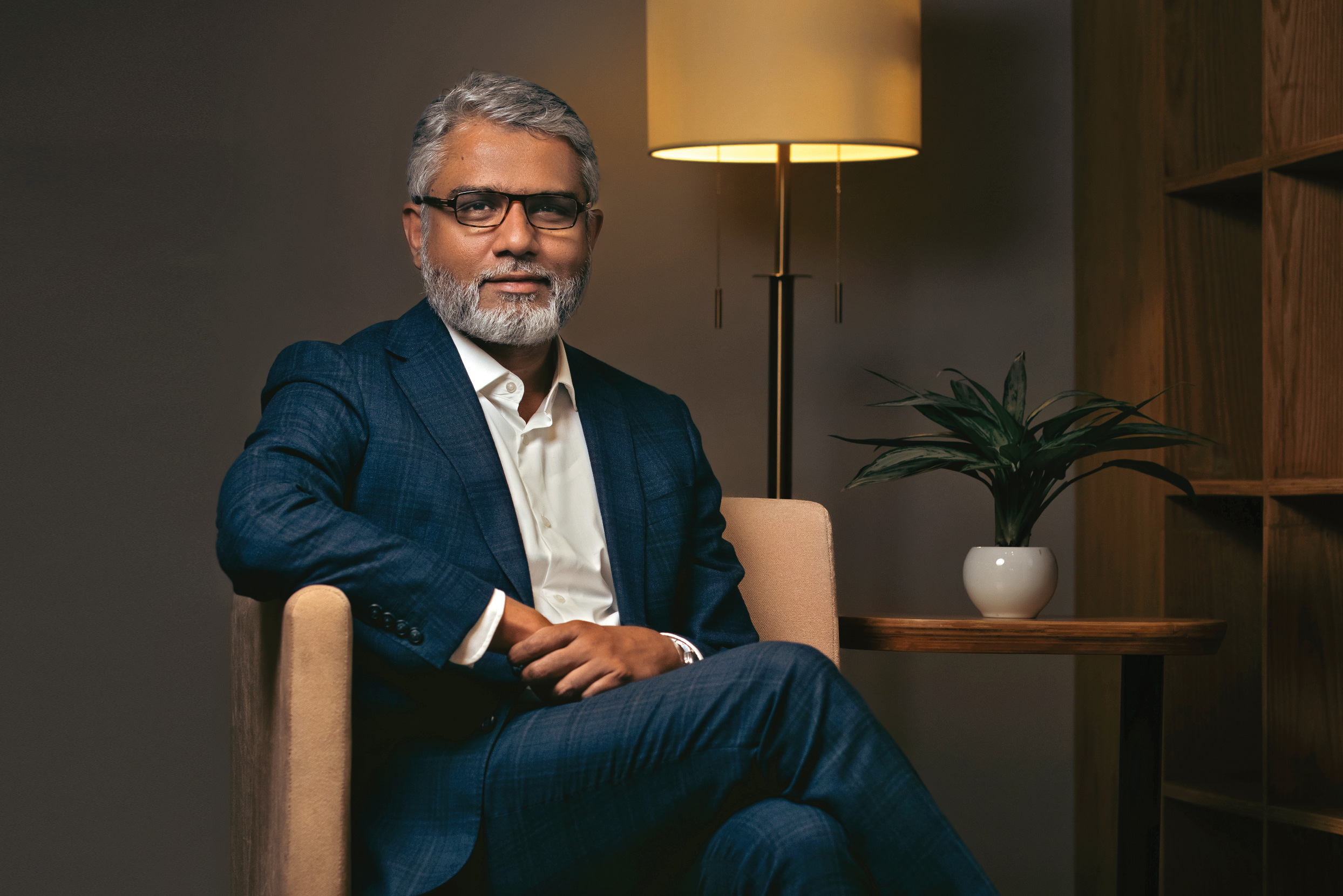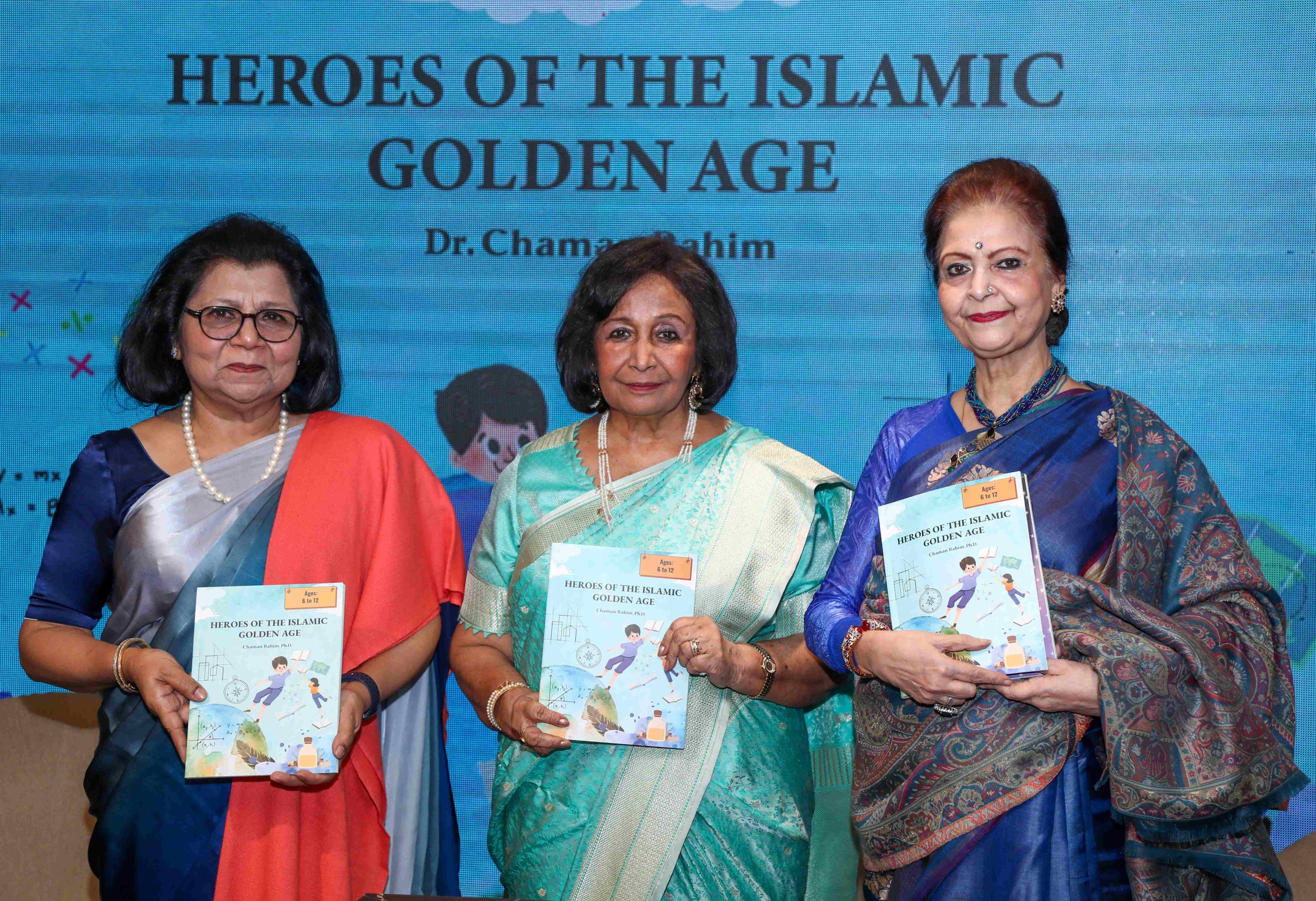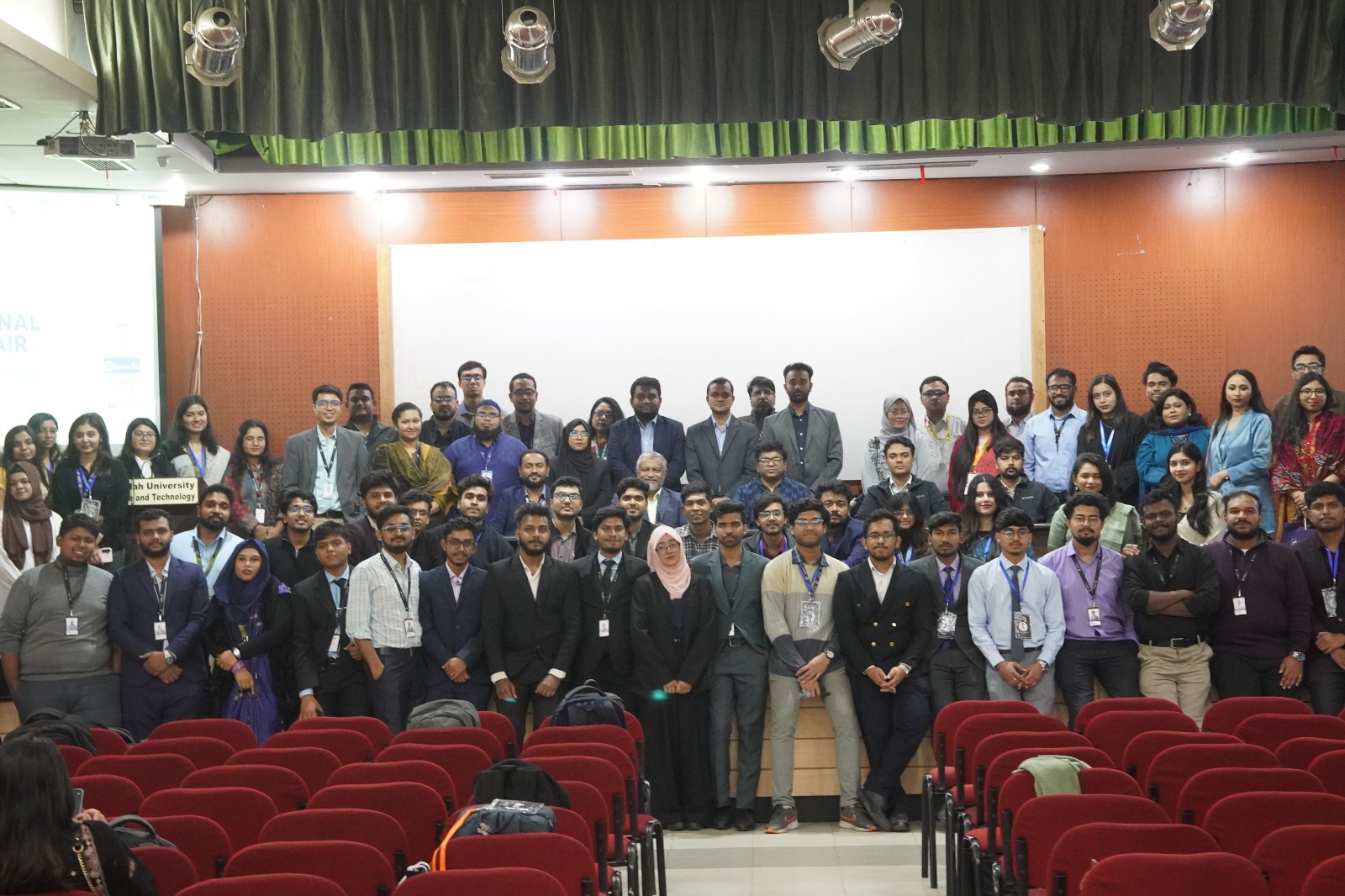Corruption, as many will agree, is the major obstacle behind the smooth functioning of a country. Corrupt officials disrupt the bureaucratic procedures, causing delays or unsatisfactory performances in program implementation and government services. The disease can also spread in the private sector causing massive dysfunctionality. Bangladesh has retained 146th position from the top in the Corruption Perceptions Index (CPI) 2020 of Transparency International (TI) with an unchanged score of 26 out of 100.
Unlike the dreaded 2001 to 2004 streak, Bangladesh can find a bit of relief given there are several Afro-Asian and Latin countries behind its position in the corruption index. Somalia, South Sudan, Venezuela, Syria, Yemen, Sudan, Equatorial Guinea, Libya, North Korea, Haiti, Democratic Republic of Congo. Somalia and South Sudan are in the lowest position with a score of just 12.
Corruption Perception Index (CPI)
Berlin-based Transparency International (TI) has been publishing a global Corruption Perception Index every year since 1995. The index focuses on public sector corruption levels by measuring various surveys. The list includes 180 states. The CPI scale starts from 0 to 100, where the higher the mark, the cleaner the position. No country was able to obtain the full score of 100 in the index.
CPI mainly uses surveys and assessments from various institutions. However, its results are not full proof, given the scale measures only perception, not real facts. Bangladesh chapter of TI often argues a change in methodology increased the country’s score, creating an illusion of better performance. Anyway, all the media outlets use CPI scores to determine the country’s position against corruption.
Bangladesh
CPI has been a nightmare for many Bangladeshis concerned about the global image of the country. The South Asian nation was ranked the lowest in the list from 2001 to 2004. Since the Awami government era started in 2009, the position has improved a bit but it’s still not satisfactory. Only the war-torn least developed countries are behind Bangladesh. Let’s see what 2020 CPI tells us about Bangladesh.
Many of us remember when the Prime Minister of Bangladesh, Sheikh Hasina, initiated a major anti-corruption campaign against some of the prominent football clubs in Dhaka in 2019. All of us expected to see a cleaner, more efficient Bangladesh but the success of anti-corruption operations remains doubtful. While several top henchmen were arrested and prosecuted, corruption remains by and large the single most problematic issue behind the success of Bangladesh in the global and domestic arena. The South Asian country, every year, experiences unworldly tales of corruption. In a country where a single pillowcase costs more than 400 USD, the strange saga of corruption seems neverending. However, Bangladesh wants to join the rank of a developed nation by 2041, so rooting out corruption is a major goal. Though the success of it remains questionable, as showcased in global corruption index results, Bangladesh’s score remains unchanged as of the last two years. However, the position slipped two steps, from 14th to 12th. Bangladesh also remains the fourth most corrupt among the 31 countries of the Asia-Pacific region. Worse ranking holders are Afghanistan, Cambodia, and North Korea.
From 2006 to 2010, Bangladesh’s rank saw slow progress as it dragged itself from the most corrupt one to the 12th position. The country saw its best performance in recent times in 2017 when it ranked 17th most corrupt. Its 2020s score of 26 is tied by Uzbekistan and the war-torn Central African Republic (CAR).
Others
 In today’s competitive world, an anti-corruption drive is a major function of every government to root out the obstacle. However, the job is more difficult said than done. Bangladesh is seriously lagging not just in the world scenario but also in the South Asian region. Bhutan is an exception with her score of 68 and position of 24th. Other countries in the region include Sri Lanka (94th with a score of 38), Maldives (75th with a score of 43), India (86 with a score of 40), Nepal (117th with a score of 33), and Pakistan (124th with a score of 31). Both India and Pakistan have slipped a few steps but still widely ahead of Bangladesh. Only Afghanistan is in a worse position than Bangladesh in the South Asia region. The war-torn country scored just 19 securing the 165th position.
In today’s competitive world, an anti-corruption drive is a major function of every government to root out the obstacle. However, the job is more difficult said than done. Bangladesh is seriously lagging not just in the world scenario but also in the South Asian region. Bhutan is an exception with her score of 68 and position of 24th. Other countries in the region include Sri Lanka (94th with a score of 38), Maldives (75th with a score of 43), India (86 with a score of 40), Nepal (117th with a score of 33), and Pakistan (124th with a score of 31). Both India and Pakistan have slipped a few steps but still widely ahead of Bangladesh. Only Afghanistan is in a worse position than Bangladesh in the South Asia region. The war-torn country scored just 19 securing the 165th position.
The list is dominated by developed European nations as usual along with Singapore (85 points), Canada (77 points and New Zealand (88 points). Other countries crossing the threshold of 80 marks are Denmark, Netherlands, Finland, Switzerland, Norway, Germany, Luxemburg. Major powers like France, Russia, China, or the U.S. scored less than 70. The global average is 43.
27 percent of countries experienced a decreased score while 34 percent of countries scored higher than the previous index. 39 countries’ scores remain the same. On an overall scale, 121 countries of the 180 surveyed scored less than 50. 70 up scorers are mostly from Europe and East Asia, though new additions like Uruguay and U.A.E. show significant development in the global south. Countries like Malaysia (51) are leading in South East Asia while Indonesia, Thailand, the Philippines, Vietnam all scored in the mid-30s.
Factors behind Bangladesh’s low key performance
Several factors continue to hinder Bangladesh’s progress in the anti-corruption struggle. The country lacks a political culture that will effectively diminish corrupted practices. Also, government institutions and forces responsible for curbing corruption often fail to act properly. A mixture of power politics with corrupted practices keeps the anti-corruption drive largely unsuccessful or at best, low-key officials are implicated.
During the COVID-19 crisis, a major scandal involving the health sector exposed the country’s inability to root out corruption. Even during a global crisis, there were incidents of bribery, misappropriated aid, and mismanagement of funds. Corruption was also present in the procurement of crucial medical equipment and supplies as many view the health sector to be corrupted from the core.
The country has a history of using political and government positions for personal gains. This practice concentrates immense power and immunity from charges to a few individuals who in turn continue to corrupt the system of governance. Lack of accountability for public service, law enforcement, and administrative officials, fraud in high-level institutions, land grabbing, political interference in government contracts and recruitment, impunity, denial syndrome, and practice of delaying the prosecution have been a major problem for the country since its independence. The banking sector of Bangladesh gained a notorious reputation due to several high-level scandals and a continuous inability to control debt defaulters. Money laundering also continues to be a problem.
Regional economic competition and growth continue to increase in South and Southeast Asia. Bangladesh needs to grind down on corruption to effectively utilize its booming economy. Sadly, as of 2021, no outstanding effort regarding fighting corruption persists.















